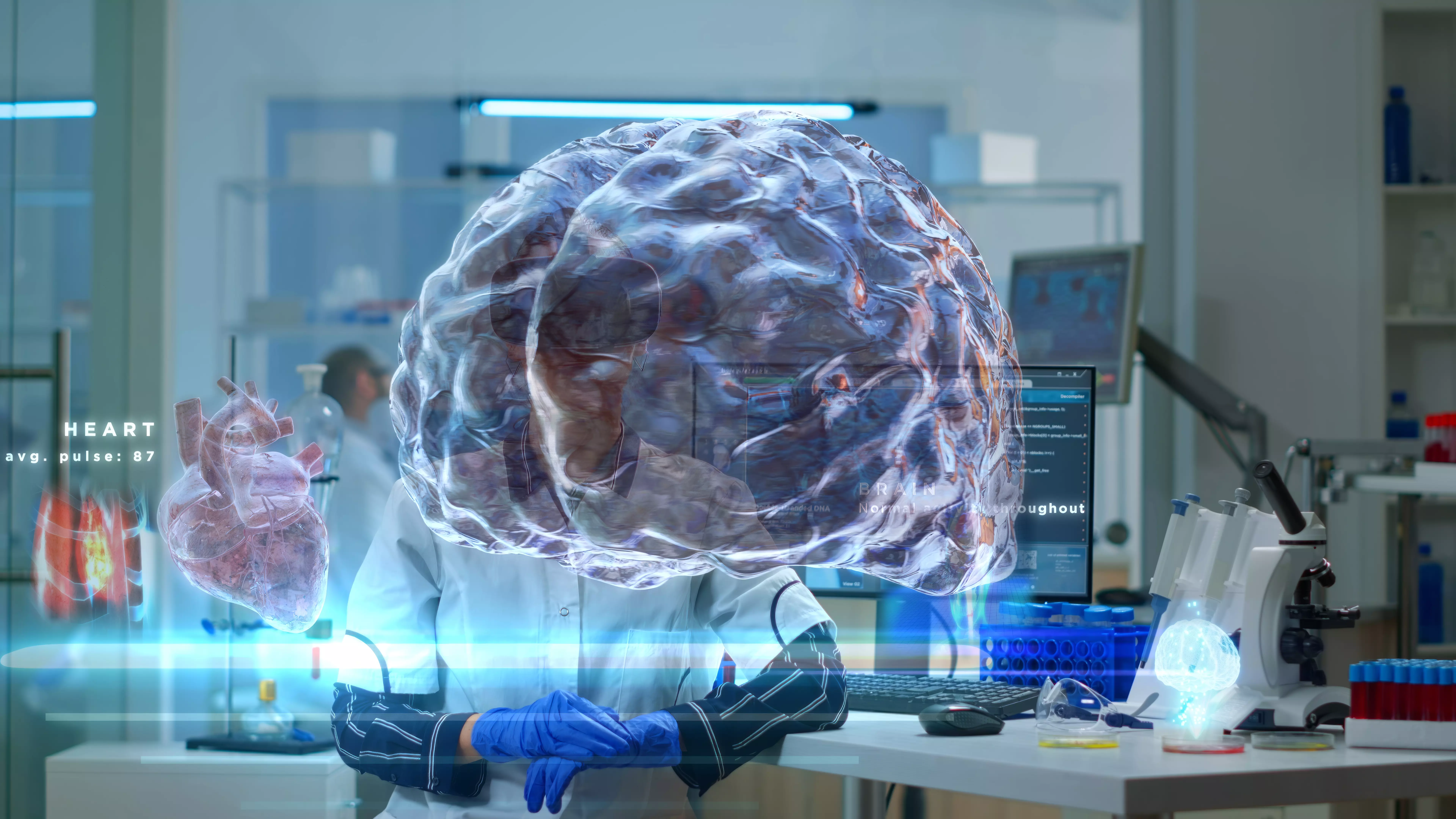 flanc.la
flanc.laImpact of Technology (e.g., Simulators, AI) on Education in Neurosurgery
Technological developments are contributing significantly to the education and improvement of skills necessary for neurosurgeons. Both medical simulators and artificial intelligence (AI) are having an increasing impact on education in neurosurgery.
Simulators in Neurosurgery
Medical simulators are designed to allow neurosurgeons to practice in a safe and controlled environment. These technologies offer neurosurgeons the opportunity to hone their surgical skills and techniques without risking patient health.
Neurosurgical simulators can mimic a variety of procedures, such as craniotomy, spinal procedures, and brain endoscopy. Simulations can also include complex clinical scenarios, such as cerebral hemorrhages or strokes, which require quick and precise actions.
The use of simulators in neurosurgical education allows for better mastery of techniques, resulting in safer and more effective treatment of patients.
Artificial Intelligence (AI) in Neurosurgery
AI also has the potential to revolutionize neurosurgical education. AI systems can already be used to analyze radiological images, helping to teach neurosurgeons how to interpret complex images. AI can also help plan surgeries, based on analysis of many different factors, such as tumor location and size, patient health status, and more.

AI can contribute to education by providing personalized training programs. For example, AI systems can analyze a doctor's performance during simulations or real surgeries, and then customize a training program based on individual needs and skills.
Summary
The use of technologies such as simulators and artificial intelligence (AI) aims to improve the quality of training for neurosurgeons. Simulators allow for the safe practice of skills, while AI can support the educational process by customizing training programs, raising the level of learning, and ensuring continuous development and improvement of skills. In the digital age, technology is becoming an indispensable part of neurosurgical education.
!